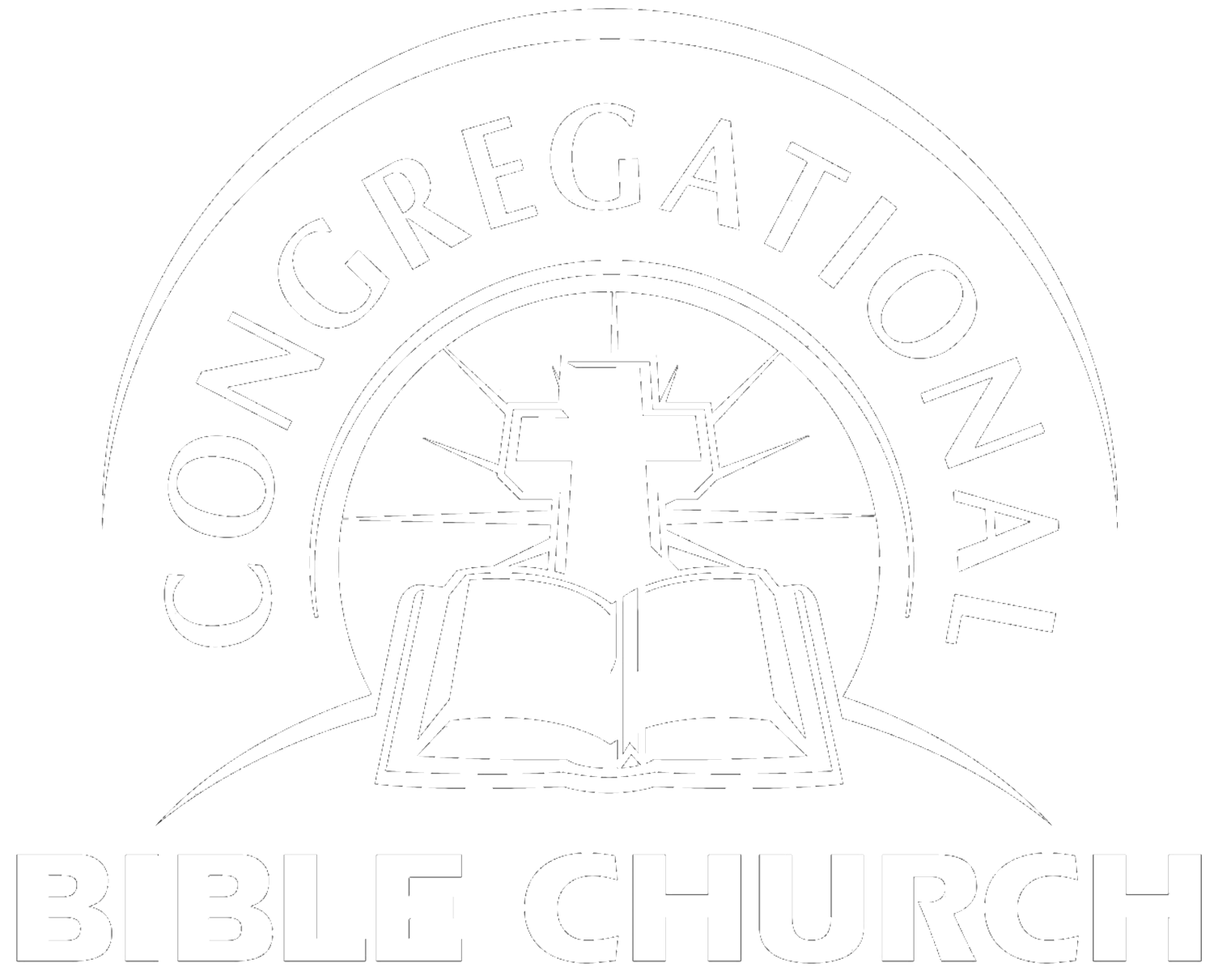We just came back from taking 5 high school students to summer camp at Hartland Camp in the Sequoias. At a camp like this we expect there to be a significant difference in churches, theologies, and even methodologies. The same is true for who the camp gets as it’s speaker. This year the speaker was significantly different than what our high school students were used to, but I was proud how they responded and I think it leaves us all with a good example on how to treat sermons and messages we hear.
Let me explain a little about what I mean about the speaker. Of course he was a solid, evangelical, Christian man who upheld all of the significant Christian doctrines. However, he did talk in one message for a while about demons and demon possession; even describing how he had cast demons out of a person. Now, let me just say right off the bat that I completely believe in the reality of demons and that is clear from Scripture. But, I do not think that Christians should engage in any type of demon exorcism since the Bible never tells us to do that and the Bible never explains how to do that. For that believer who wants to cast out a demon, how does he/she even know it is being done the right way? That’s too big of a chance for me to engage in such an action.
The speaker also explained how these were genuine Christian people who were demon possessed that he helped. I flatly reject this idea. As a Christian you are indwelt by God the Father, Jesus Christ the Son, and the Holy Spirit. Christ lives inside of us, we are united to Him, and the human body is called a temple of the Holy Spirit. How in the world does a demon indwell that kind of person? How can a demon indwell a person that is united with Christ? How could demonic power and divine power occupy the same place? I think this is completely false teaching.
But now put yourself in the position of a camper. You are at camp hearing this message from a person who seems to truly believe it, he is an authority figure, and his experience seems to validate what he is saying. I think many campers probably just heard the message and didn’t bat an eye. However, our high school students seemed a bit skeptical and were looking at me as they heard this. We were able to talk about this after the message and I was able to explain what the Scripture says, but they already seemed locked on.
I think this reveals a very healthy aspect of the Christian life called ‘discernment.’ As Christians we are called upon to “examine everything carefully” (1 Thess 5:21). I think that is what these students were doing, and in so doing, were exercising discernment. Listening critically, and comparing to the Scripture is what discernment is all about. Discernment is not a license to stop listening, or an excuse to question the integrity of a speaker, or just a reason to be an unteachable jerk. It’s actually a healthy aspect of the Christian life and I applaud these students for looking seriously at what they were hearing and comparing it to what they know of the Scripture.
Discernment is almost a lost art in Christianity today. We have been fed the line “don’t judge people” and that has excused all kinds of false teaching. Anything that slaps a ‘Christian’ title to it people just completely accept without any examination whatsoever. While we cannot judge the character or motives of the speaker/writer, we are instructed to judge the content of what they are saying to make sure it keeps in line with Scripture. Without discernment we become tossed here and there by the waves of different doctrines (Eph 4:14) unable to distinguish true from false.
The next time you pick up a ‘Christian’ book or listen to a speaker, be ready to listen with discernment. Is this person teaching the Bible (in context!) or their own thoughts and opinions? Are verses cited and explained? What people recommended the book/speaker? Ask yourself these questions before and during your listening/reading to be careful to glean only that which is profitable, and not that which is error.
Pastor Mark Scialabba
